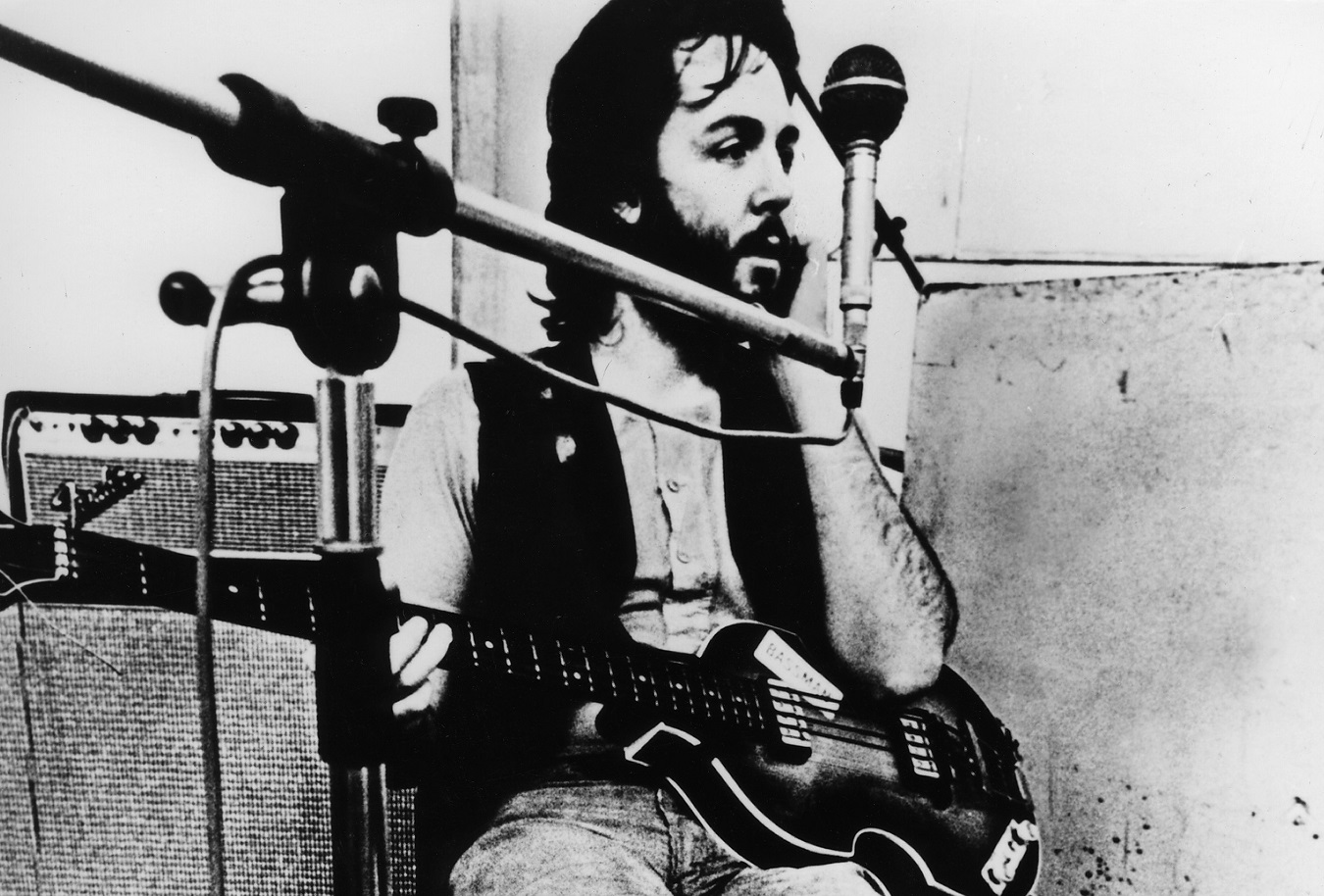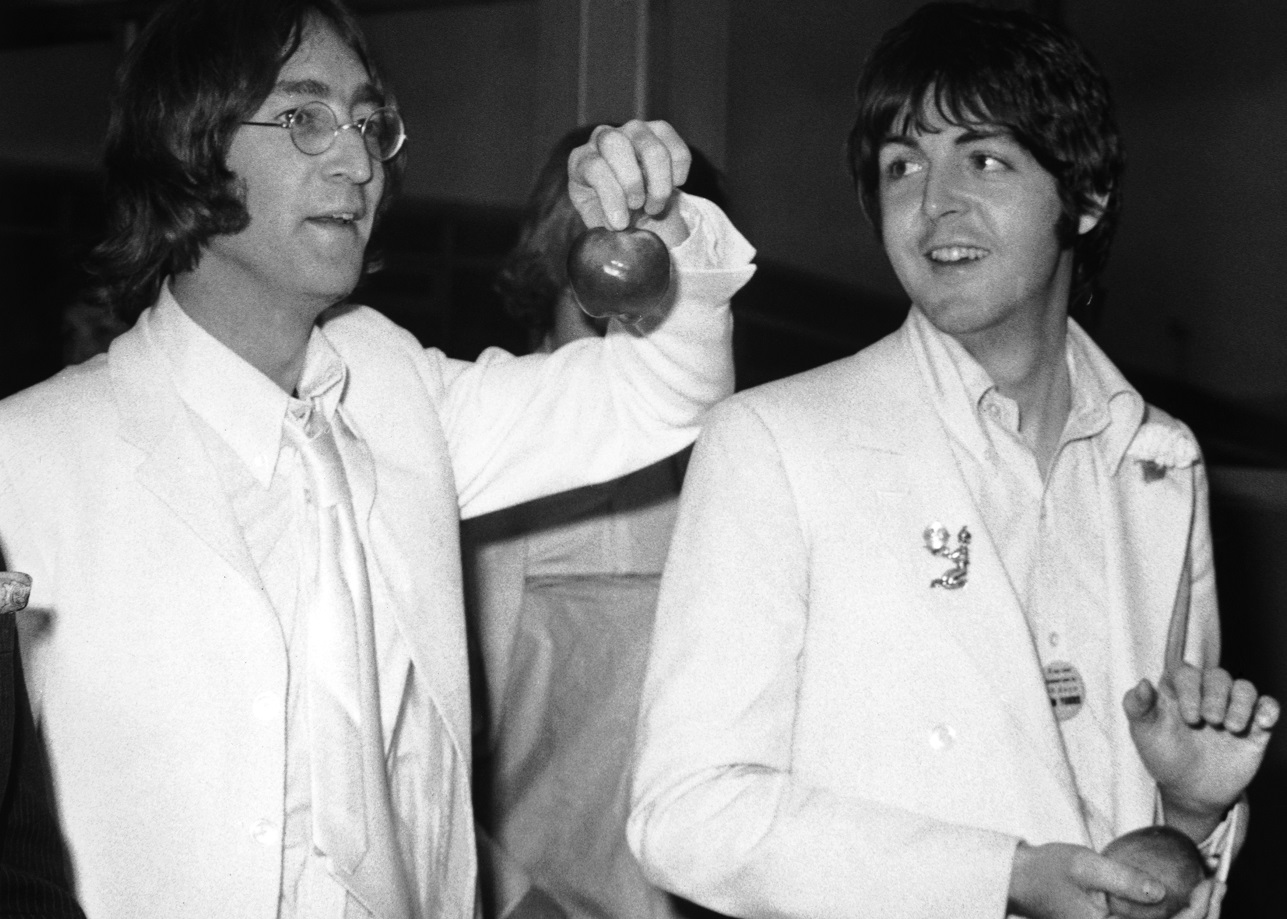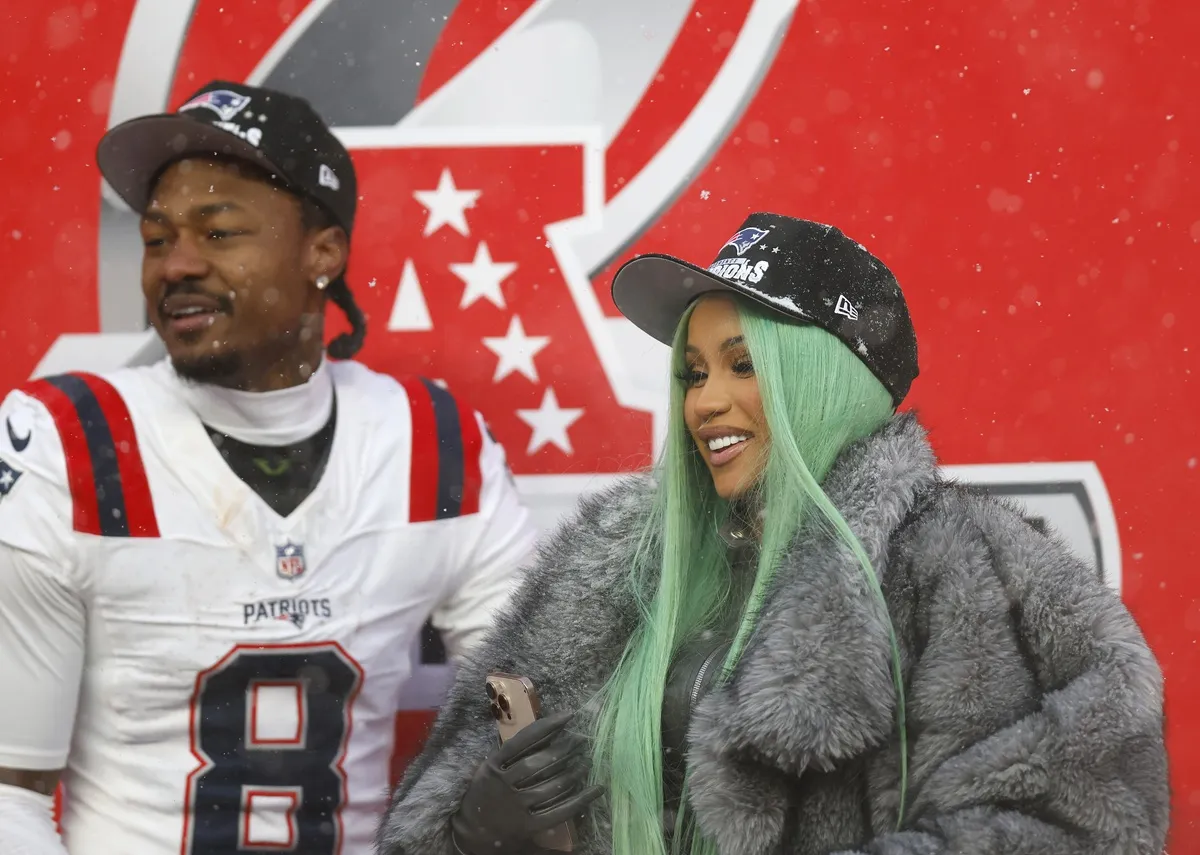How Paul McCartney Followed Shakespeare’s Lead at the End of ‘Abbey Road’
When thinking about his song lyrics in the early days of The Beatles, Paul McCartney emphasized how they didn’t spend an eternity on every track. As an example, Paul pointed to “It’s Only Love,” a bit of filler from the Help! album of 1965.
“If a lyric was really bad we’d edit it, but we weren’t that fussy about it, because it’s only a rock ‘n’ roll song,” Paul said in his biography Many Years From Now (1997). “I mean, this is not literature.”
Indeed, if the Nobel Prize for Literature committee ever comes knocking, they won’t be pointing to Paul and John Lennon’s effort on “She Loves You” (yeah, yeah, yeah). But that’s not to say Paul didn’t try to summon all his literary powers when the situation called for it.
Looking back at the sessions for Abbey Road (1969), the last Fab Four recording, Paul said he wanted to go out big on “The End,” which represented the final statement of the band. And he closed the track with a couplet as William Shakespeare would an act in one of his plays.
Paul McCartney said he went for a Shakespearean couplet on ‘The End’

After spending the majority of his life with John and their Beatles, Paul knew he was close to saying goodbye to it all in late ’69. And during the Abbey Road sessions the track “The End” was, fittingly, among the last to be recorded by the band.
So how do you close out the career of The Beatles? In Paul’s eyes, the track needed something memorable. And he turned to Shakespeare, the most celebrated writer of the English language, for guidance on how to finish an act.
“I wanted it to end with a little meaningful couplet, so I followed the Bard and wrote a couplet,” Paul explained in Many Years From Now. In Shakespeare, the rhyming couplet would single to the audience the play’s act had come to a close.
Paul summed up the Beatles’ run in an interesting way. “And in the end the love you take / Is equal to the love you make,” he sang. It was a lyric so well done even John praised the work of his old bandmate and songwriting partner years later.
John Lennon admired Paul’s ‘cosmic, philosophical’ lines

Looking back on his Beatles days in the 1980 All We Are Saying interviews, John didn’t mince words when he considered a song to be weal. In fact, he described numerous Fab Four tracks as “garbage” along the way. But John praised Paul’s closing statement in “The End.”
After pointing out that “The End” is a mere piece of a song, he refers to Paul’s couplet. “He had a line in it: ‘And in the end, the love you get is equal to the love you give,’” John said, paraphrasing the lyric. “[It] is a very cosmic, philosophical line. Which again proves that if he wants to, [Paul] can think.”
Of course, the other interesting thing about “The End” is how all four Beatles take solos on the track. And after Ringo does his brief drum solo the three guitarists in the band trade riffs, one after the other. If you ask me, George Harrison shines the brightest.


